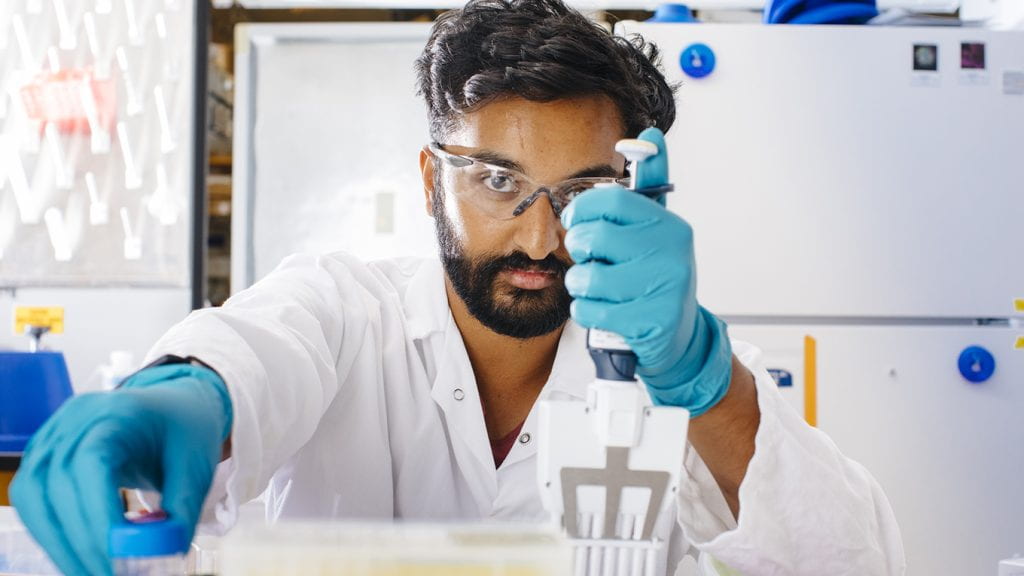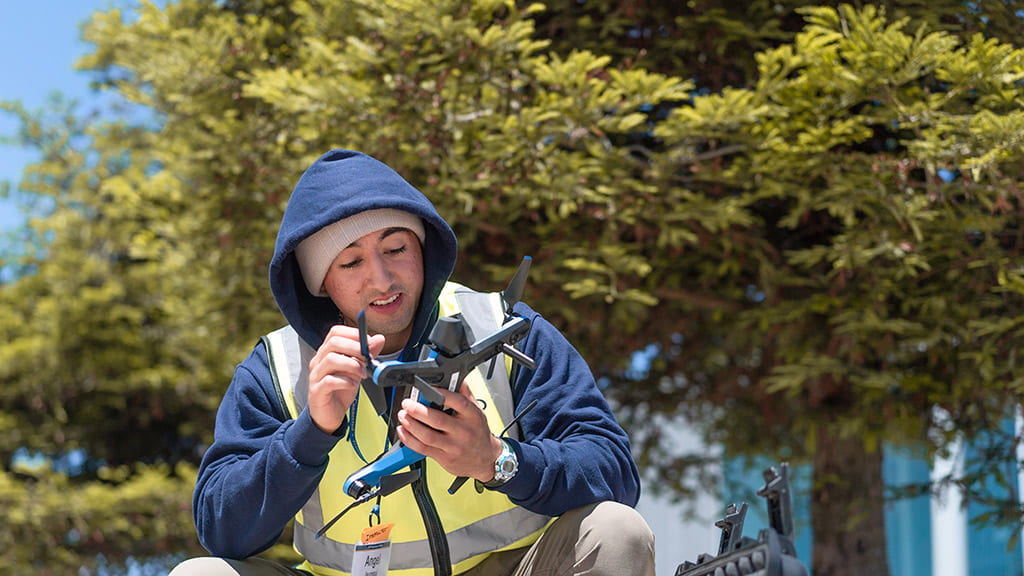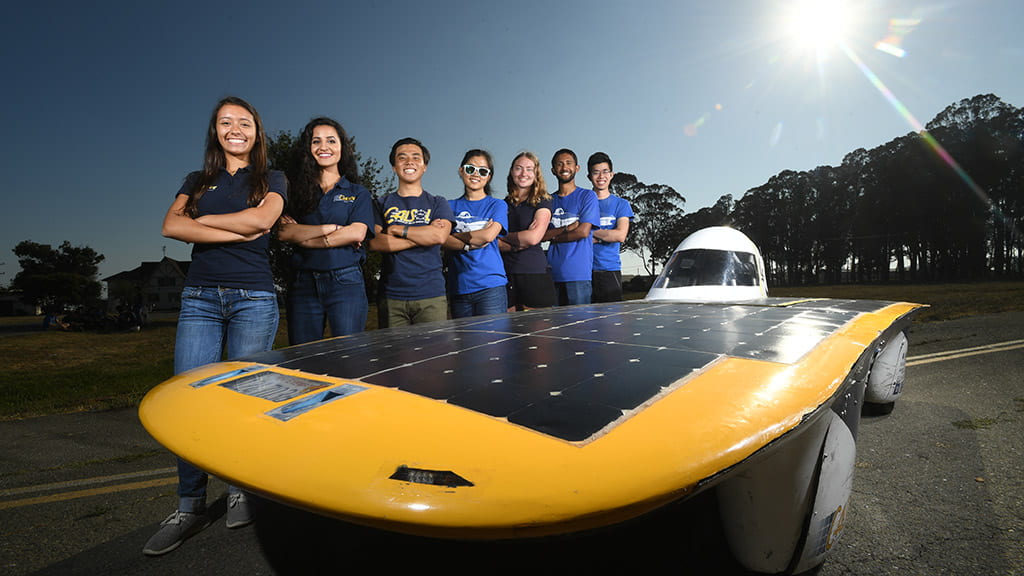
ENGINEERS WEEK
Cyber Security and Privacy

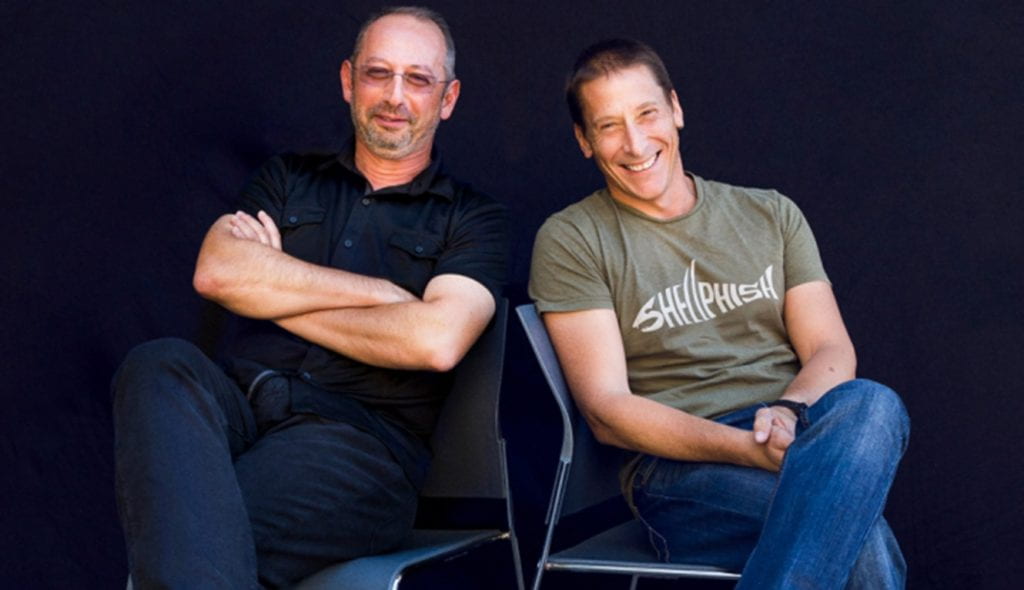
Security agents
UC Santa Barbara
Tevfik Bultan and Giovanni Vigna are part of a formidable group of professors in the Computer Science Department at UC Santa Barbara’s College of Engineering that take complementary approaches to security work.
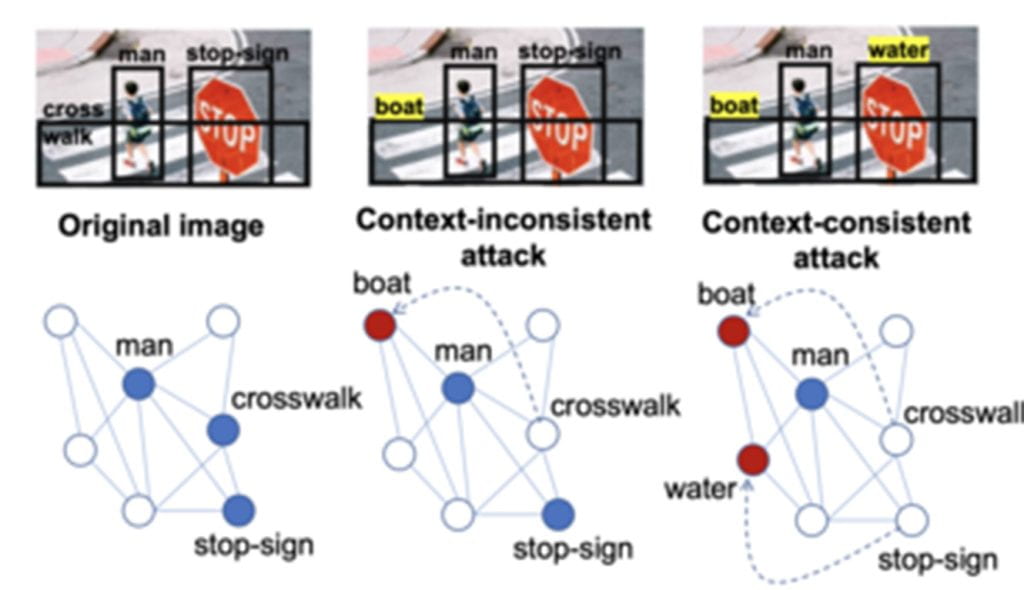
Protecting computer vision from adversarial attacks
UC Riverside
A team of researchers at UC Riverside’s Bourns College of Engineering are working on ways to foil attacks on computer vision systems.
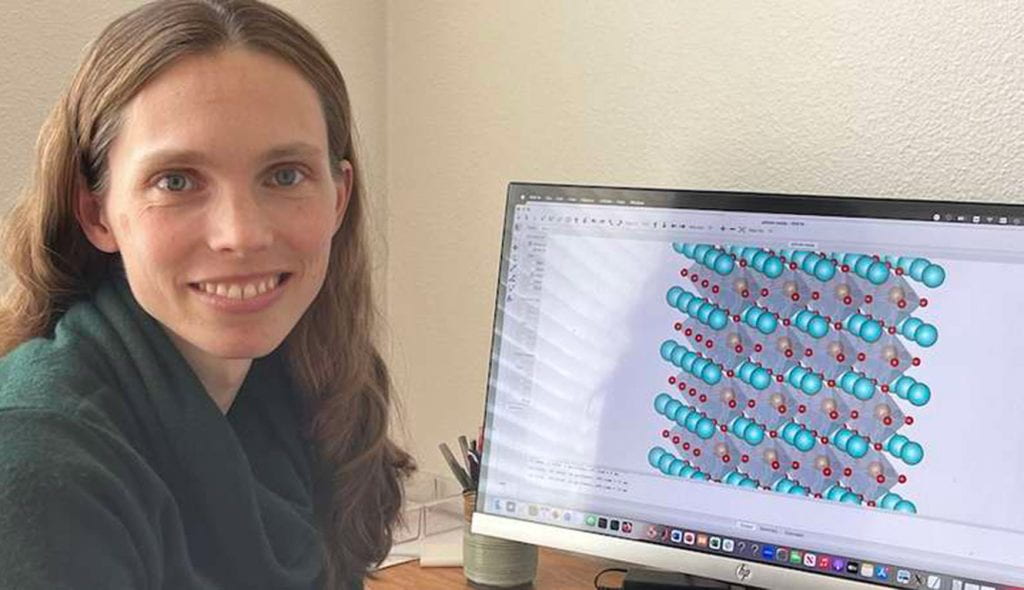
UC Merced-led research to focus on reducing power needed for computing
UC Merced
Working with researchers at UC Berkeley and UC Davis, Elizabeth Nowadnick, a professor in the department of materials science and engineering, will explore new classes of materials for enabling more energy-efficient computing.
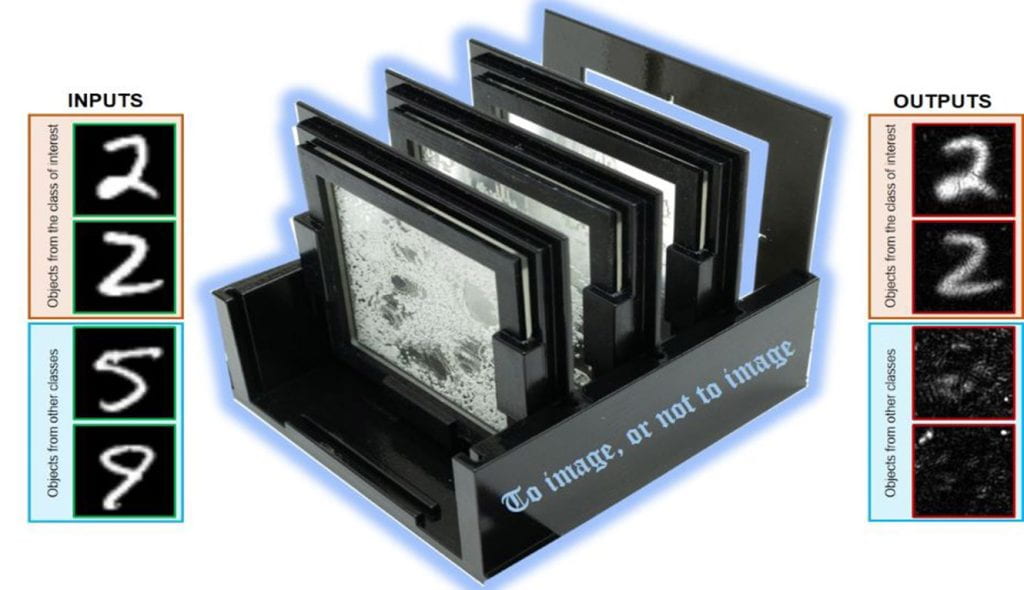
UCLA’s ‘ultra secure’ AI camera only records what it’s programmed for
UCLA
UCLA researchers have invented a new camera system that uses Artificial Intelligence to determine what to record.
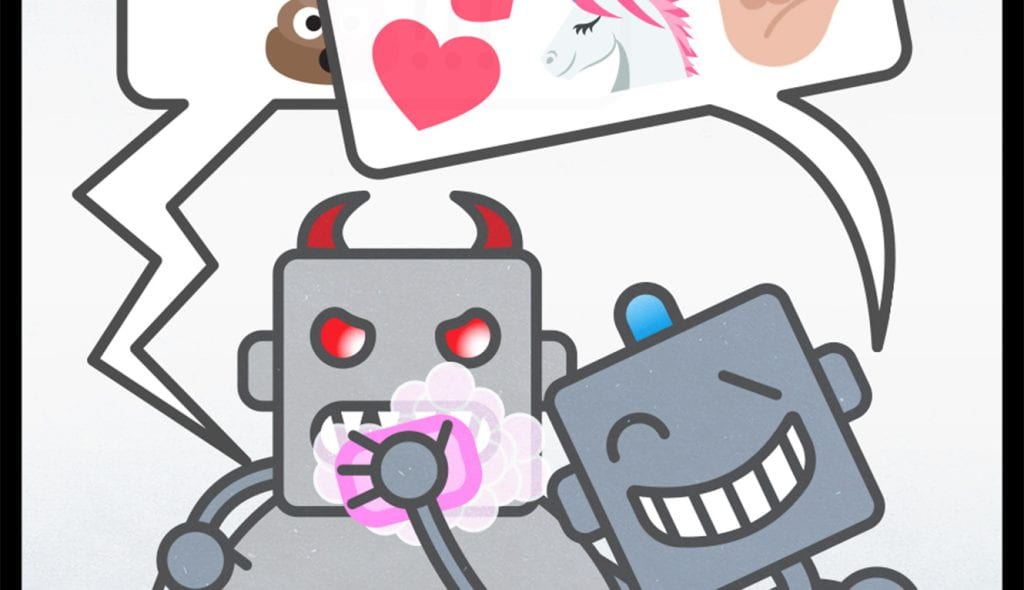
Cleaning up online bots’ act and speech
UC San Diego
Researchers at UC San Diego have developed a method to keep bots from using toxic language.
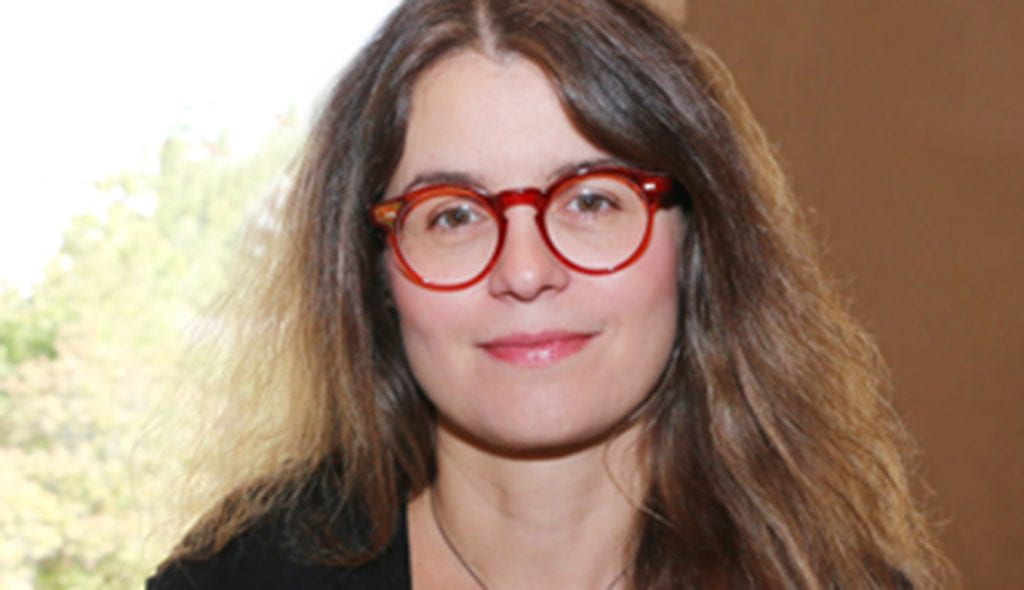
Privacy warrior
UC Irvine
Athina Markopoulou, professor of electrical engineering and computer science, shares insights on privacy and data transparency.

Just for you
UC Berkeley
A UC Berkeley-led research team revealed that certain recommender systems try to manipulate user preferences, beliefs, mood, and psychological state. In response, the researchers proposed a way for companies to choose algorithms that more closely follow a user’s natural preference evolution.

New responsible data sharing technique will enable better understanding of disease-causing genetic variants
UC Santa Cruz
Scientists may better understand and test for the genetic variations that cause cancer and other heritable diseases through the application of a novel strategy for securely sharing and analyzing genomic data developed at the UC Santa Cruz Genomics Institute.

Good AI vs. Bad AI
UC Davis
An interdisciplinary group of UC Davis researchers are developing “good AI” to empower users with more control over their privacy and the content they’re recommended.
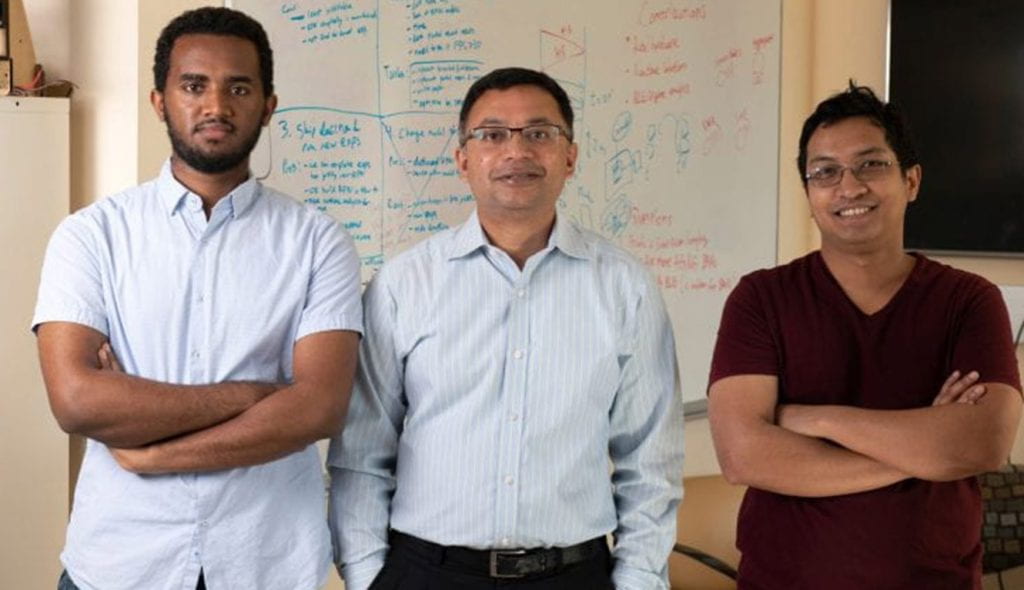
UCI researchers demonstrate how to trigger a pathogen release with music
UC Irvine
UCI researchers have discovered that the safe operation of a negative pressure room – a space in a hospital or biological research laboratory designed to protect outside areas from exposure to deadly pathogens – can be disrupted by an attacker armed with little more than a smartphone.

UCLA computer scientist explains zero-knowledge proofs as a way to improve cybersecurity and privacy
UCLA
Featured on WIRED’s “5 Levels” video series, UCLA Computer Science Professor Amit Sahai explained in five levels of complexity the highly intriguing concept of proving to someone that you know the answer to a problem without disclosing the source.

For your eyes only
UC Berkeley
In a study led by Raluca Ada Popa, associate professor of electrical engineering and computer sciences, and Ph.D. student Jean-Luc Watson, they outline their innovative privacy-preserving approach to machine learning.


